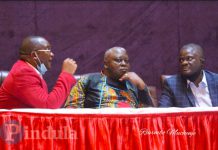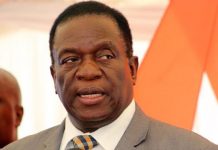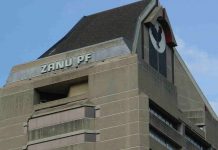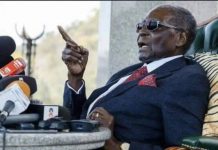While the country has produced internationally renowned authors and prides itself as having one of the highest literacy rates on the continent, sadly that does not count when it comes to the documentation of the country’s protracted and arduous road to independence in April 1980.
Most of the luminaries of the struggle, the Second Chimurenga, have departed without penning a single word, which makes Dr Obert Mpofu’s hot-off-the press, “On The Shoulders of Struggle: Memoirs of a Political Insider”, a very welcome development.
What makes the book a must-read for any follower of Zimbabwean politics is the role that Dr Mpofu played since joining the liberation struggle in 1967 — at a very tender age of 16 — to present-day Zimbabwe.
The question that is uppermost, when one looks at Dr Mpofu’s character, without even reading his autobiography, is trying to understand, given the treacherous nature that is the political landscape, how he has survived from serving under Dr Joshua Nkomo to former president Robert Mugabe and now President Emmerson Mnangagwa.
Is his self-given “your most obedient son” a true reflection of his personality?
How has he survived dumping ZAPU in 1980 to join ZANU, seven years before the signing of the historic Unity Accord in 1987?
Is it because he was a visionary who saw that unity was the only option for the two political formations?
History will record, though, that he is not the first politician to jump ship from ZAPU to ZANU, as equally prominent luminaries like Rex Nhongo, born Solomon Mujuru, had done that a decade earlier.
Having described himself as “your most obedient son” to Robert Mugabe, he went on to be part of the transition that was Operation Restore Legacy.
In fact, he presided over the ZANU PF meetings that recalled Robert Mugabe.
Now in the New Dispensation, he is serving full-time as secretary for administration.
How has he managed that transition?
These are questions that he answers in his 284-page autobiography, which goes some considerable distance in answering a lot of questions pertaining to the Second Chimurenga.
“At independence, my commitments to the nationalist movement remained unwavering. After intense retrospective and introspective insights in a bid to map out my future in politics, ZANU PF became my new political home. It was in ZANU PF where I was ‘born again’ politically.”
Tribalism
Commendably, he tackles the issue of tribalism in Zimbabwean politics, especially during the formative days of the country’s nationalism.
Was PF-ZAPU a grouping of Ndebele political players?
Did it have room for non-Ndebele speakers?
With Joshua Nkomo behind bars, and PF-ZAPU suffering a leadership crisis, was there an ideological warfare between James Chikerema and Jason Ziyaphapha Moyo, the two trusted to stir the ship forward? Or tribal differences were at play?
He confesses: “Later on, I came to understand that the ethnically charged tensions of the late 60s and 70s were visible proof of the unresolved ethnic roots of post-independent Zimbabwe conflicts. To this day, our history has scantly confronted this gloomy side of our past.”

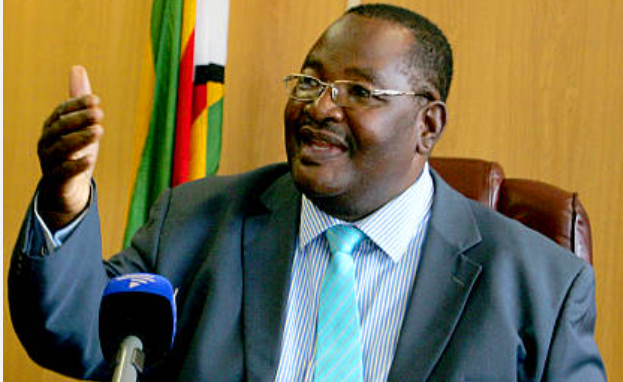
![MDC Alliance Activists Attacked In Zvimba [Photo] Chamisa Outlines MDC Alliance’s Heroes Plan In “A New Zimbabwe” | FULL THREAD](https://static.africa-press.net/zimbabwe/sites/14/2021/08/img-61112ae8934ca-218x150.jpg)
